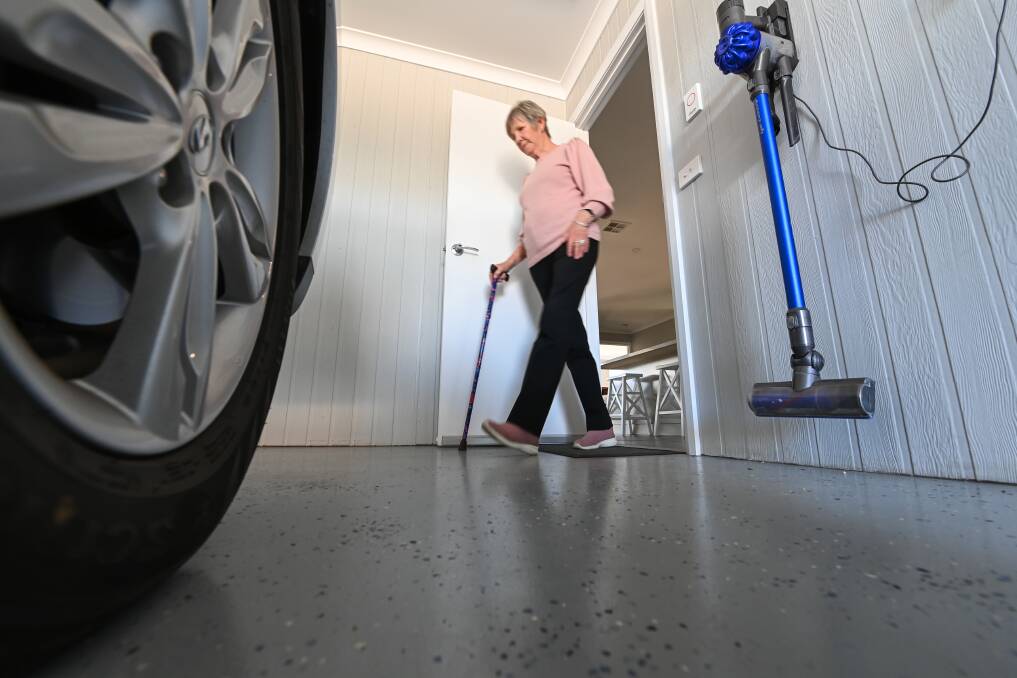
Being diagnosed with a chronic condition that gradually limits your mobility would be a shock for anyone.
Subscribe now for unlimited access.
or signup to continue reading
But then to learn your GP has never heard of this disease, and has little idea what to do next, would only add to the stress.
Yet this is often the experience of people living with myositis, an inflammation within the muscles where the body's immune system attacks and destroys muscle cells.
Occurring in about 10 in 100,000 people, myositis is rare and incurable, with symptoms that can be confused with other causes.
Typical early signs include muscle weakness in thighs and shoulders, unexplained general tiredness, difficulty standing up from a seat or floor, difficulty climbing stairs and falling down unexpectedly.
IN OTHER NEWS:
Jindera's Marg Doherty formed the Keeping in Touch support group as an outlet for those who might encounter a lack of knowledge and understanding elsewhere.
"One of the couples (who travel one and a half hours to attend) said 'It is great to go on an outing that doesn't involve a medical or allied health appointment, have a few laughs and share our own experiences as well as hear from others'," she said.
Mrs Doherty is determined to increase public awareness of the condition and last year took part, via Zoom, in a global project reviewing papers written over several years about various exercises in myositis.
"You glean what you can from all these other people," she said.
Myositis Association Australia's Anita Chalmers said she was her GP's first myositis patient and that was not an uncommon story.
Some people had told her they took information from the association's website to their doctor to assist with symptoms.
If health professionals and the general public know more about the rare condition, a correct diagnosis can be made earlier and treatment can begin more quickly.
"If you are suffering from muscle weakness, inability to get up stairs, fatigue when walking - we use the term jelly legs - and you can't walk, now's the time to say to a doctor, 'Could it be myositis?'," Mrs Chalmers said.
Our journalists work hard to provide local, up-to-date news to the community. This is how you can continue to access our trusted content:
- Bookmark https://www.bordermail.com.au/
- Make sure you are signed up for our breaking and regular headlines newsletters
- Follow us on Twitter: @bordermail
- Follow us on Instagram @bordermail
- Follow us on Google News.


